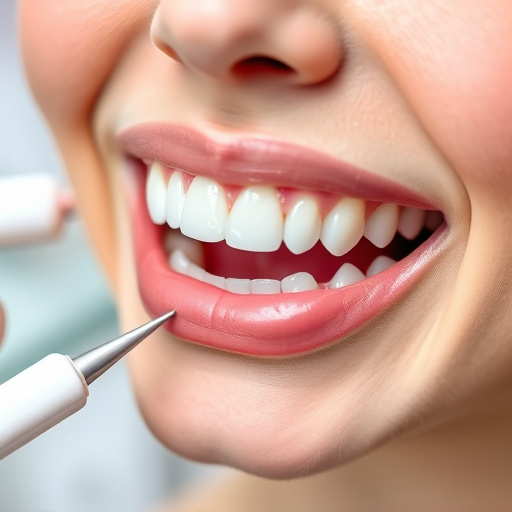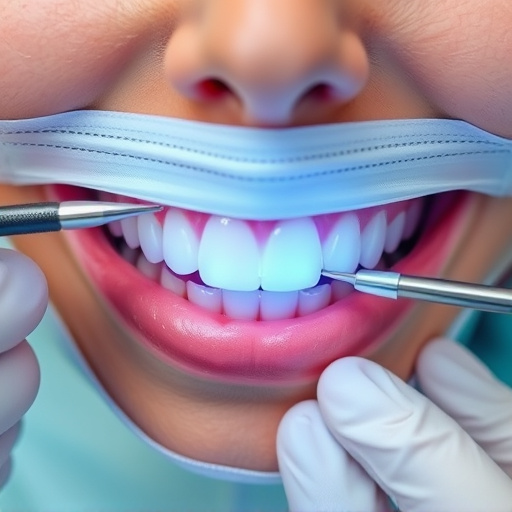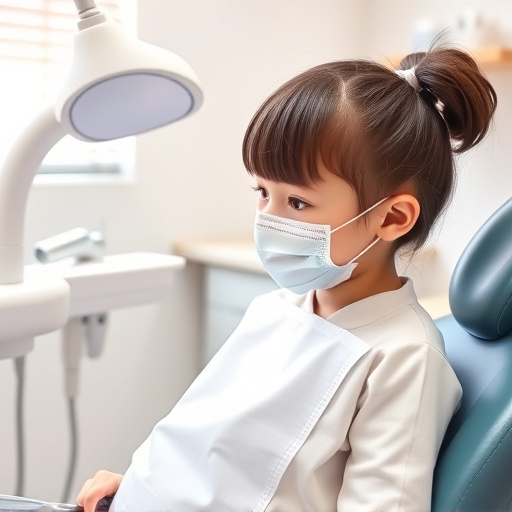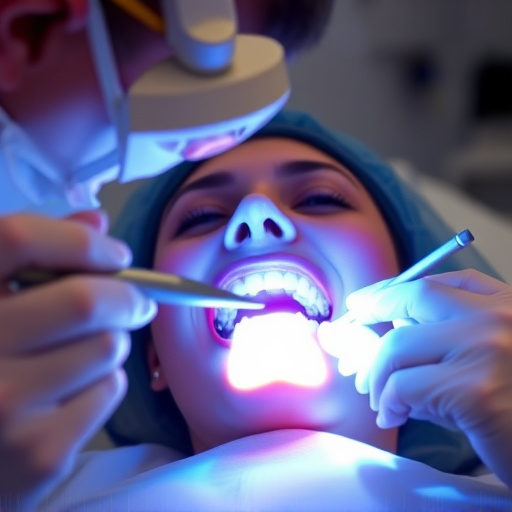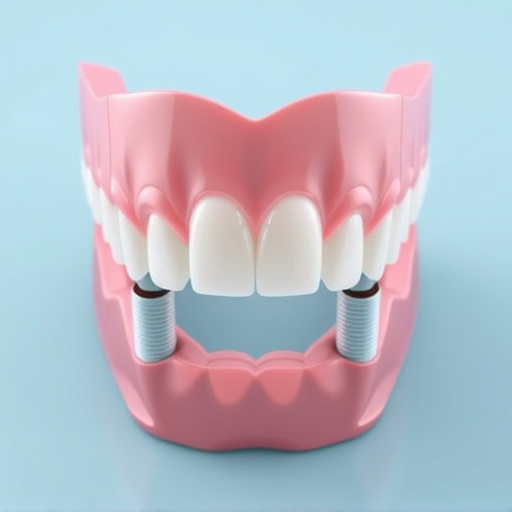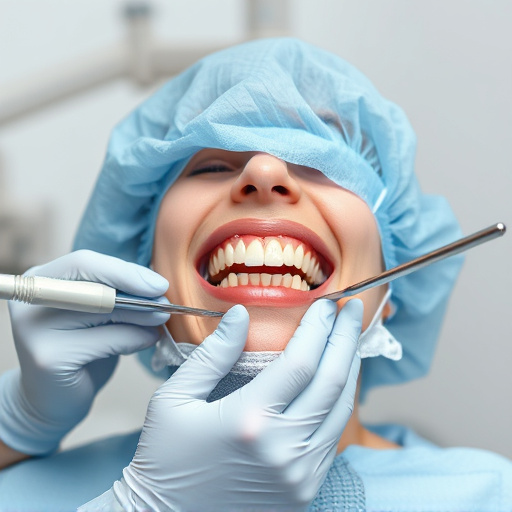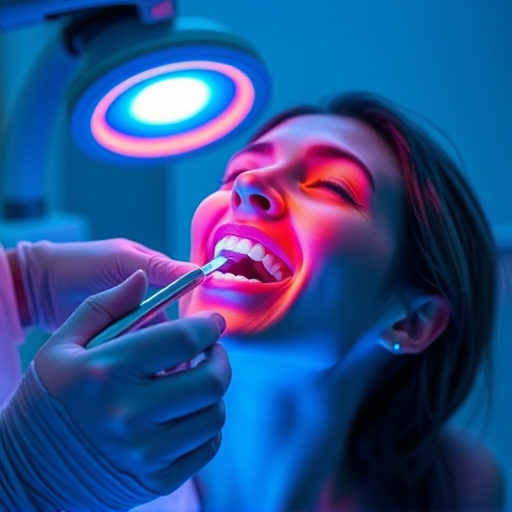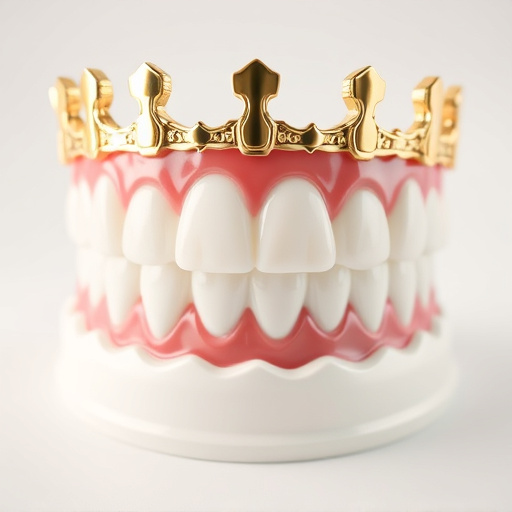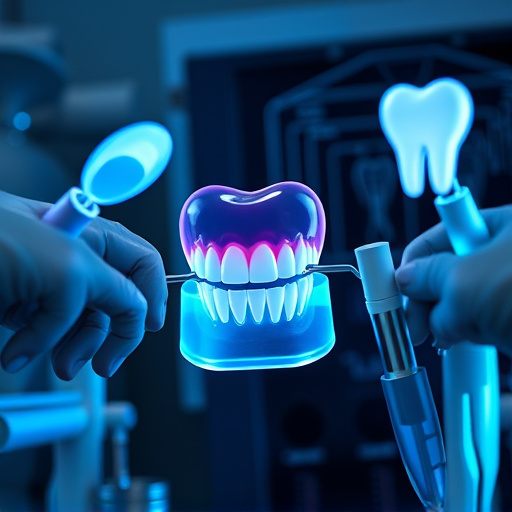Prompt recognition and action in dental emergencies are crucial to prevent severe complications like infections, nerve damage, and costly future treatments. Emergency dental care focuses on swift solutions like fillings to restore oral health, while regular check-ups and non-invasive treatments offer preventive measures for optimal tooth health.
Emergency dental care is a crucial service that can significantly minimize further damage to your teeth and gums. This article explores why immediate action is vital, focusing on key aspects such as recognizing emergency dental needs swiftly and the beneficial outcomes of prompt dental intervention. We’ll also delve into how quick care prevents potential complications, emphasizing the importance of accessible emergency dental services for maintaining optimal oral health.
- Recognizing Emergency Dental Needs Promptly
- Benefits of Immediate Dental Intervention
- Preventing Complications Through Quick Care
Recognizing Emergency Dental Needs Promptly
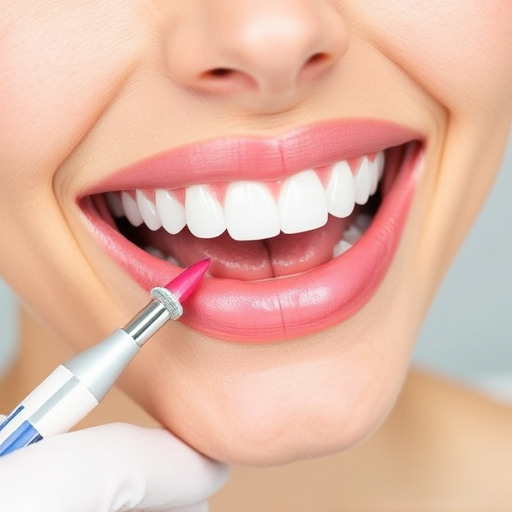
Recognizing an emergency dental need promptly is crucial for minimizing risk of further damage. Signs like severe pain, bleeding, or a broken tooth are clear indicators that immediate action is required. Time is of essence; the faster you seek emergency dental care, the better the chances of saving the affected area and preventing complications.
For instance, a fractured tooth might be caused by trauma or hard food impact, while excessive bleeding could signal an infection or oral injury. In such situations, seeing a dentist promptly can prevent severe infections, nerve damage, or even the need for more extensive restorative dentistry procedures like dental bonding or wisdom tooth removal.
Benefits of Immediate Dental Intervention
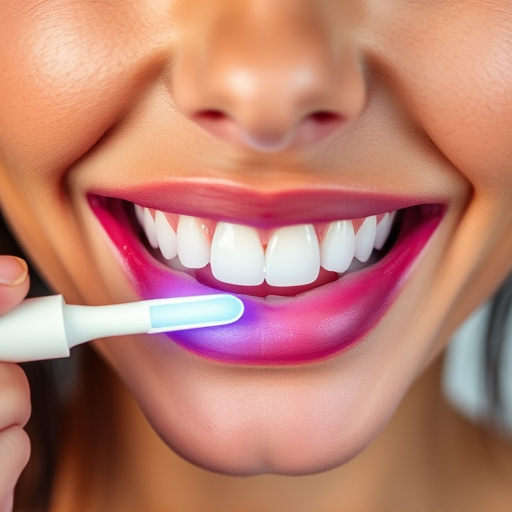
Immediate dental intervention is key to minimizing risk and maximizing outcomes for your oral health. When a dental emergency arises, such as a knocked-out tooth or severe toothache, acting swiftly can prevent further damage or infection. Emergency dental care services are designed to address these urgent situations effectively.
Benefits of prompt treatment include reducing the likelihood of nerve damage, preserving the tooth’s structure, and preventing surrounding teeth from shifting out of alignment. Regularly scheduled visits with a dentist also play a vital role in preventive dentistry, which can catch potential issues early on. Some treatments, like clear aligners, offer non-invasive alternatives for straightening teeth, avoiding more complex procedures like tooth extractions when possible.
Preventing Complications Through Quick Care
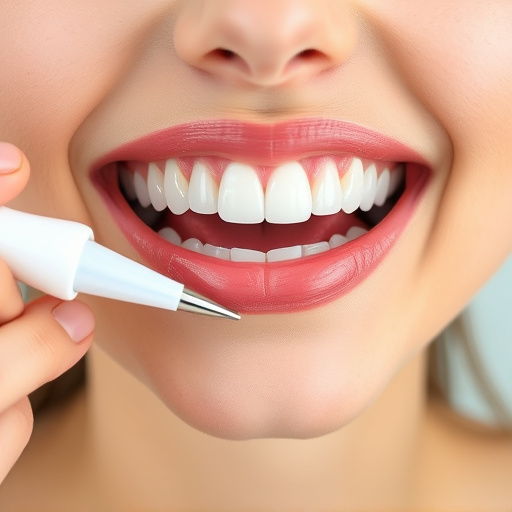
Quick action in emergency dental care can significantly prevent complications that may arise if left untreated. When a tooth is damaged or an oral issue occurs, such as a crack, chip, or severe toothache, seeking prompt attention from a qualified dentist is crucial. Delaying treatment might lead to more severe problems, including infection, nerve damage, or even the need for more extensive and costly procedures in the future.
Emergency dental care focuses on addressing these issues promptly, often providing solutions like cosmetic fillings or other general dentistry services to restore your oral health quickly. Additionally, regular visits to a dentist, whether for check-ups or cosmetic dentistry treatments, can help detect potential problems early on, making them easier and less invasive to fix.
Emergency dental care plays a pivotal role in minimizing further damage to your teeth and mouth. By recognizing signs of an emergency promptly and seeking immediate intervention, you can prevent complications that may arise from delayed treatment. Quick dental action not only alleviates pain but also ensures the long-term health and integrity of your oral structure, highlighting the importance of prioritizing emergency dental care when needed.






